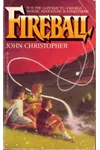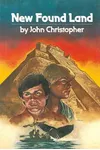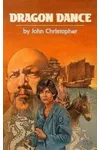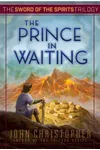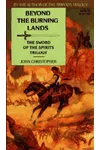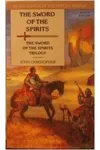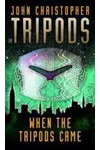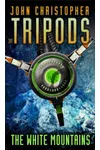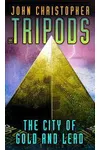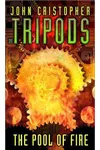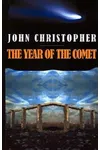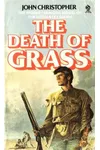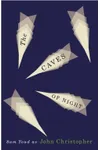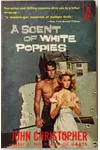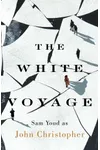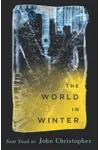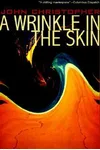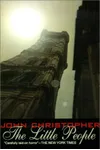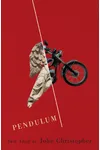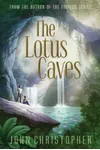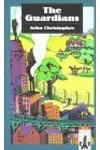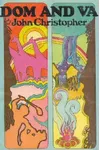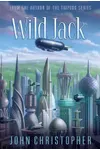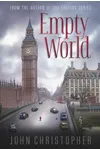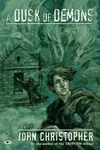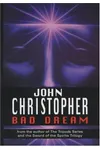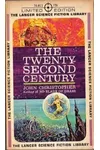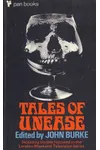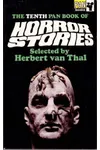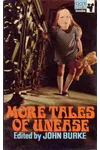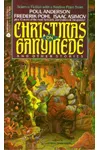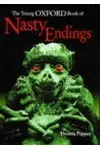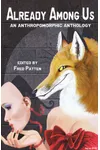Picture a British storyteller who spun chilling tales of dystopian futures and alien invasions—meet John Christopher! Born Samuel Youd, this science fiction maestro captivated readers with his gripping novels like The Death of Grass and the beloved Tripods trilogy. With a knack for blending human drama with apocalyptic stakes, Christopher’s stories remain thrillingly relevant, inviting us to ponder humanity’s resilience in the face of crisis.
From his early days in Lancashire to his rise as a genre pioneer, John Christopher’s journey is as fascinating as his books. Let’s dive into the life, works, and lasting legacy of this visionary author!
The Making of John Christopher
Sam Youd, born on April 16, 1922, in Huyton, Lancashire, grew up with a passion for science fiction. As a teen, he devoured stories by Aldous Huxley and Arthur C. Clarke, even publishing an amateur magazine, The Fantast. Educated at Peter Symonds’ School in Winchester, Youd’s writing dreams were paused by World War II, where he served in the Royal Corps of Signals from 1941 to 1946. A Rockefeller Foundation scholarship post-war kickstarted his career, leading to his first novel, The Winter Swan (1949), under the name Christopher Youd.
John Christopher’s Unforgettable Stories
Adopting the pseudonym John Christopher, Youd found his stride in science fiction. His 1956 novel The Death of Grass (also known as No Blade of Grass) is a haunting tale of a virus wiping out crops, plunging society into chaos. Its stark realism and moral dilemmas earned it comparisons to John Wyndham’s work, cementing Christopher’s reputation. The Tripods trilogy (1967–68)—The White Mountains, The City of Gold and Lead, and The Pool of Fire—follows young rebels fighting alien overlords in a medieval-like future. Its blend of adventure and anti-authoritarian themes resonated with young adults, inspiring a 1980s BBC series.
Christopher’s style is marked by vivid, accessible prose and a focus on human nature under pressure. Other gems include The World in Winter (1962), exploring climate change and colonialism, and The Guardians (1970), a dystopian tale of divided societies that won the Guardian Children’s Fiction Prize. His ability to craft diverse disasters—famine, ice ages, or alien rule—earned him the playful title of fiction’s “greatest serial killer” of civilizations.
Why John Christopher Matters
John Christopher’s work shaped modern dystopian fiction, particularly for young adults. His stories, blending speculative science with social commentary, prefigured today’s YA hits like The Hunger Games. By tackling themes like environmental collapse and authoritarianism, he challenged readers to question societal structures. His influence extends beyond books—The Death of Grass became a 1970 film, and The Tripods remains a cult classic. Christopher’s legacy endures in readers who find his worlds both thrilling and thought-provoking.
- Born: April 16, 1922, Huyton, Lancashire
- Key Works: The Death of Grass, The Tripods trilogy, The Guardians
- Awards: Guardian Children’s Fiction Prize (1971), Deutscher Jugendliteraturpreis (1976)
Snag The White Mountains or The Death of Grass and dive into John Christopher’s thrilling dystopian worlds!
